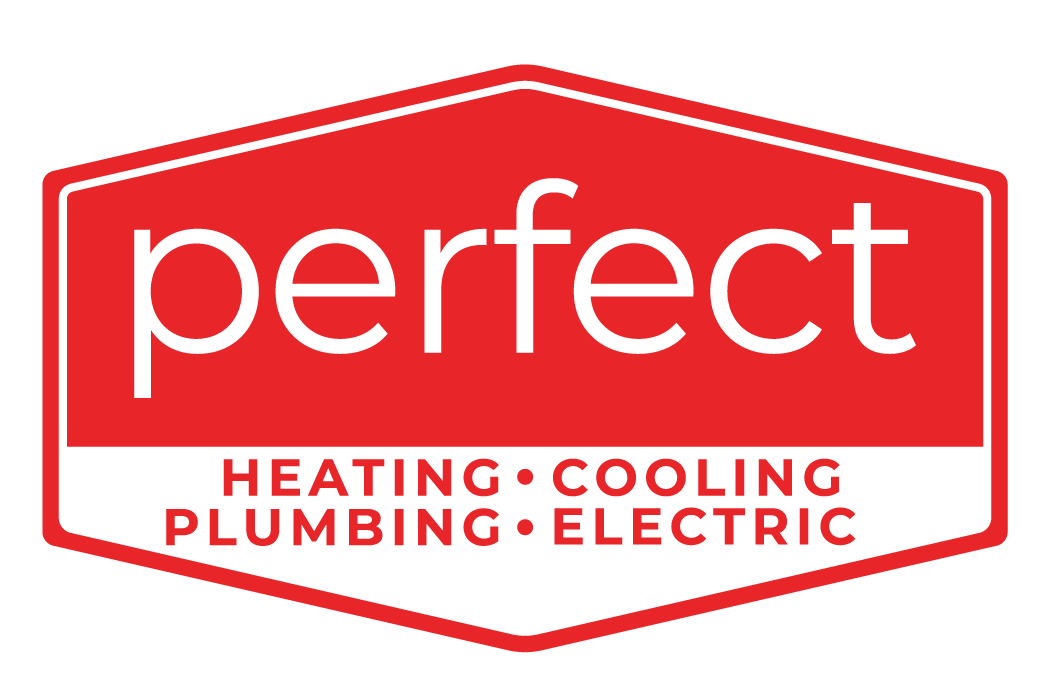
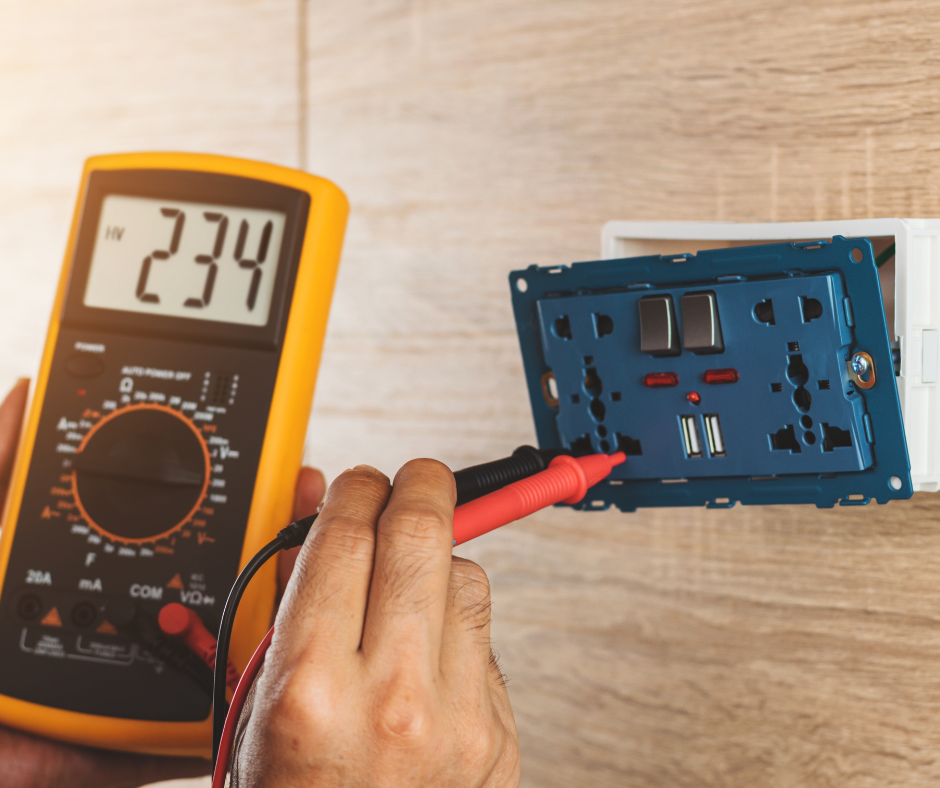
Home Electrical Inspection Checklist
January 6, 2025
Maintaining a safe and efficient electrical system is essential for every homeowner. A home electrical inspection ensures that your system meets safety standards, functions efficiently, and avoids potential hazards. Whether you’re buying a new home, upgrading an older property, or preparing for a renovation, an electrical inspection can give you peace of mind.
This blog provides a comprehensive electrical inspection checklist to help you understand what to look for, when an inspection is required, and what might fail an inspection.
What Is an Electrical Inspection?
An electrical inspection is a thorough evaluation of your home’s electrical system conducted by a qualified professional. The goal is to ensure all components meet safety standards, comply with local codes, and function as intended. Inspections help identify potential hazards such as faulty wiring, overloaded circuits, or outdated components that could lead to fire or electrical shock.
When Is an Electrical Inspection Required?
There are several situations when an electrical inspection is required to ensure the safety and reliability of your system:
Home Purchase or Sale
If you’re buying or selling a home, an inspection provides a clear understanding of the electrical system’s condition. Many lenders and insurance companies require it before closing.
Renovations or Additions
Major home improvements, such as adding a room or upgrading a kitchen, often require electrical work. Inspections ensure all new installations comply with current codes.
After Storm Damage
If your home has experienced flooding, lightning strikes, or other weather-related events, an inspection is critical to ensure the system remains safe.
Routine Maintenance
Even without specific events, periodic inspections can catch small issues before they escalate into costly repairs or safety hazards.
Electrical Inspection Checklist
A home electrical inspection involves evaluating multiple aspects of your system. Here’s a comprehensive checklist to guide you:
1. Electrical Panel
- Ensure the panel is easily accessible and properly labeled.
- Check for signs of rust, corrosion, or overheating.
- Verify that breakers are functioning correctly and are not overloading circuits.
2. Wiring and Connections
- Inspect for frayed, exposed, or damaged wires.
- Ensure all connections are secure and free from wear.
- Check for outdated wiring, such as knob-and-tube or aluminum wiring, which may not meet modern safety standards.
3. Outlets and Switches
- Test all outlets and switches for proper function.
- Ensure GFCI (Ground Fault Circuit Interrupter) outlets are installed in areas with water exposure, such as bathrooms, kitchens, and outdoor spaces.
- Check for loose outlets or signs of overheating, such as discoloration.
4. Lighting Fixtures
- Verify that all fixtures are securely mounted and functioning.
- Inspect for damaged cords, bulbs, or components.
- Ensure proper wattage is used to prevent overheating.
5. Grounding System
- Confirm that the system is grounded to prevent electrical shocks.
- Check for proper grounding of outlets and appliances.
6. Smoke Detectors and Carbon Monoxide Alarms
- Test all alarms to ensure they are operational.
- Replace batteries or upgrade to hardwired systems if necessary.
- Ensure smoke detectors are placed in key areas, such as bedrooms and hallways.
7. Circuit Breakers and Fuses
- Inspect for properly rated breakers and fuses.
- Check for tripped breakers or blown fuses that indicate overloaded circuits.
- Ensure all circuits are balanced to avoid overloading.
8. Outdoor Electrical Components
- Inspect outdoor outlets for weatherproof covers.
- Check for exposed wires or damaged fixtures.
- Ensure outdoor lighting and appliances are properly grounded and protected.
What Will Fail an Electrical Inspection?
Understanding what can fail an electrical inspection helps homeowners identify potential issues before they escalate. Common reasons include:
- Outdated Wiring: Older systems, such as knob-and-tube wiring, often fail due to safety concerns.
- Improper Grounding: A lack of grounding increases the risk of electrical shock.
- Overloaded Circuits: Too many appliances on a single circuit can lead to overheating and fire hazards.
- DIY Repairs: Unprofessional fixes or installations that don’t meet code requirements often result in failure.
- Damaged Components: Frayed wires, broken outlets, or corroded panels can all fail an inspection.
By addressing these issues proactively, you can ensure your system passes with flying colors.
Benefits of a Home Electrical Inspection
Regular electrical inspections offer several advantages beyond meeting safety codes:
Enhanced Safety
Identifying hazards such as faulty wiring or overloaded circuits reduces the risk of fires and electrical shocks.
Energy Efficiency
Upgrading outdated components and identifying inefficiencies can lower your energy bills.
Increased Home Value
A safe and efficient electrical system is a valuable selling point for potential buyers.
Peace of Mind
Knowing your system is in good condition allows you to use appliances and fixtures without worry.
Why Hire a Professional for Your Home Electrical Inspection?
While it’s possible to conduct a basic inspection yourself, only a licensed electrician can provide a comprehensive evaluation. Professionals have the tools and expertise to identify hidden issues and ensure compliance with local codes.
At Perfect Home Services, our team specializes in thorough electrical inspections to keep your home safe and efficient.
Contact Perfect Home Services for Your Electrical Inspection
A home electrical inspection is a critical step in maintaining a safe and functional home. Whether you’re buying a house, renovating, or simply ensuring your system is up to date, Perfect Home Services has you covered.
Contact Perfect Home Services today to schedule your home electrical inspection and enjoy peace of mind knowing your system is in expert hands!
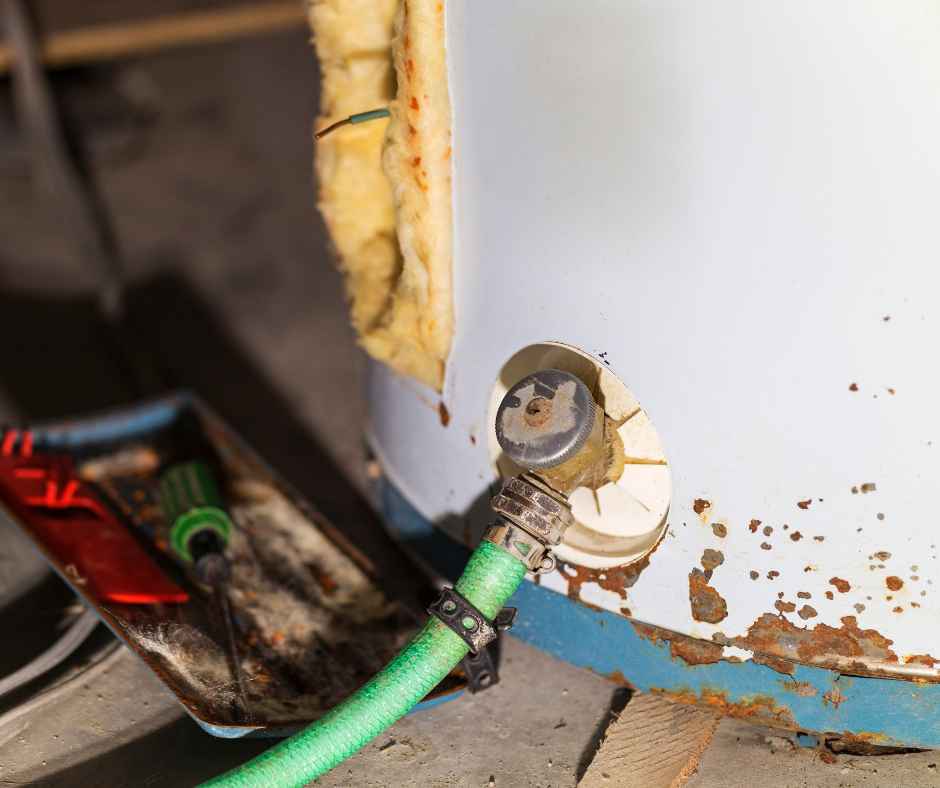
How Long Does a Water Heater Last?
April 10, 2025
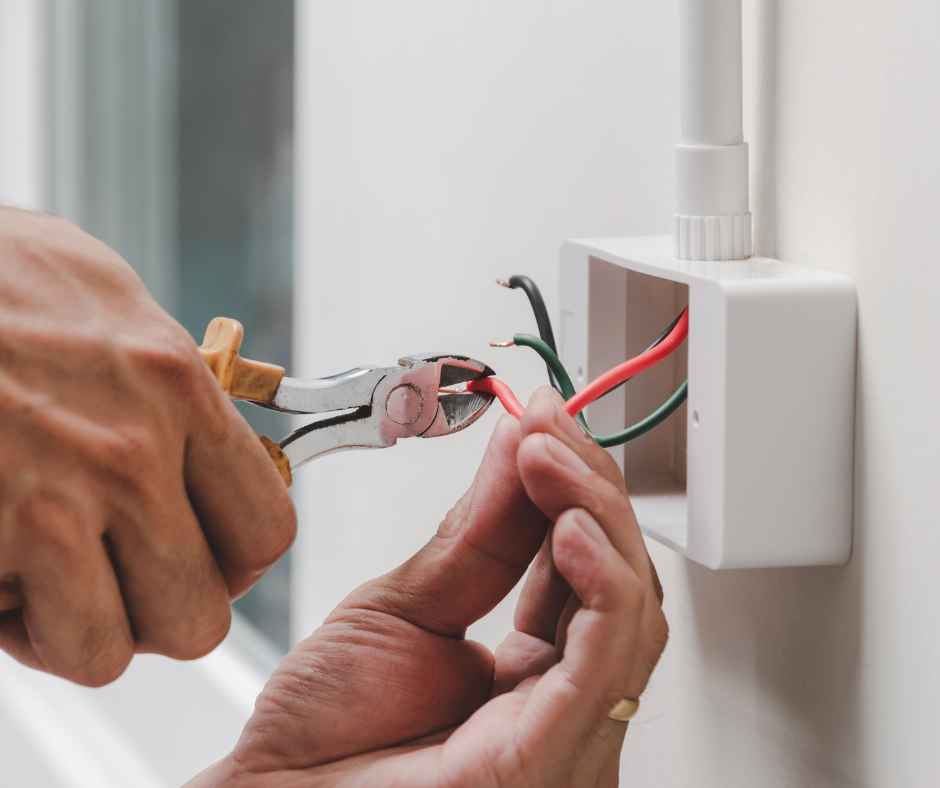
How to Troubleshoot Common Electrical Issues in Your Home
March 13, 2025
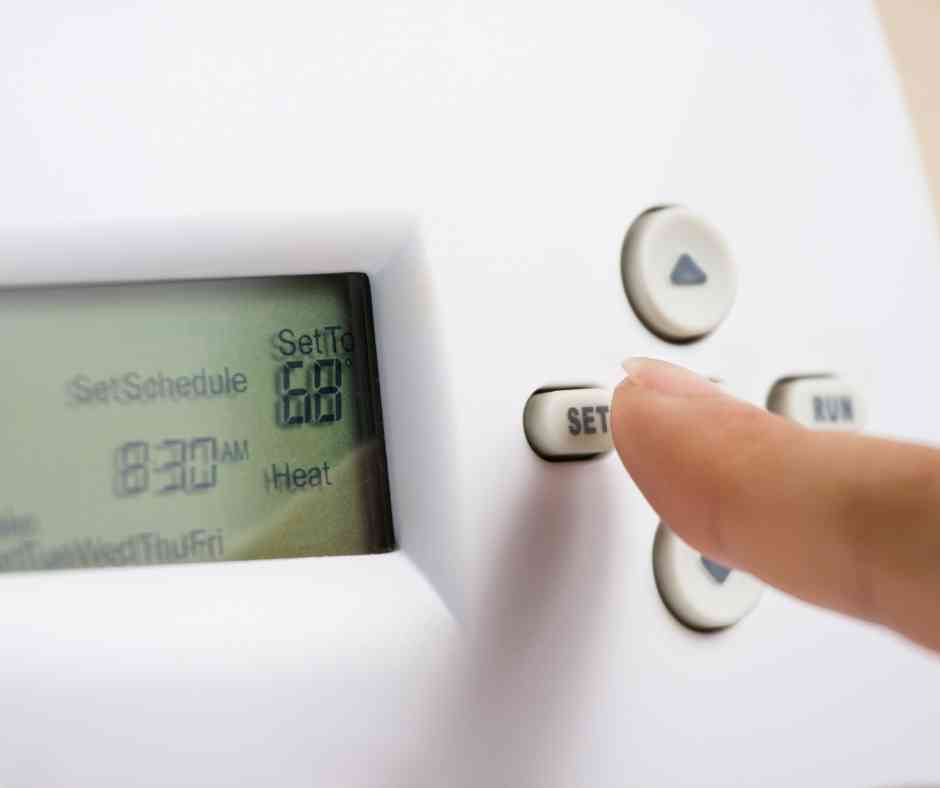
What Does Hold Mean on a Thermostat?
February 13, 2025
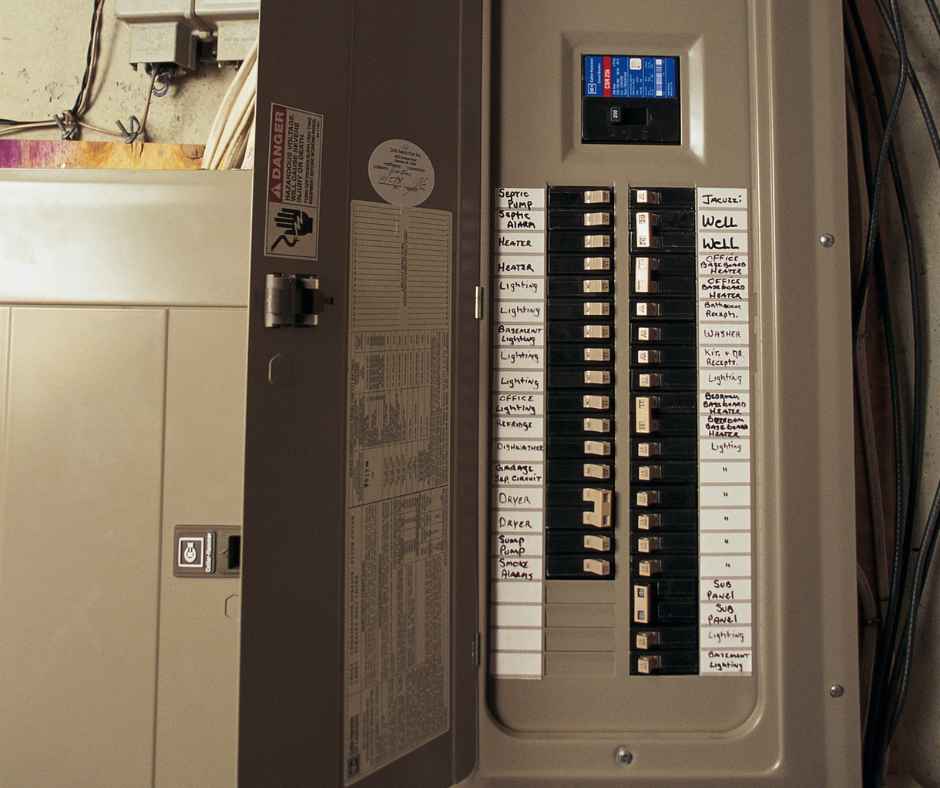
What Is An Electrical Panel?
December 12, 2024

How to Prepare Your Air Conditioner for the Aurora and Naperville Summers
April 18, 2024
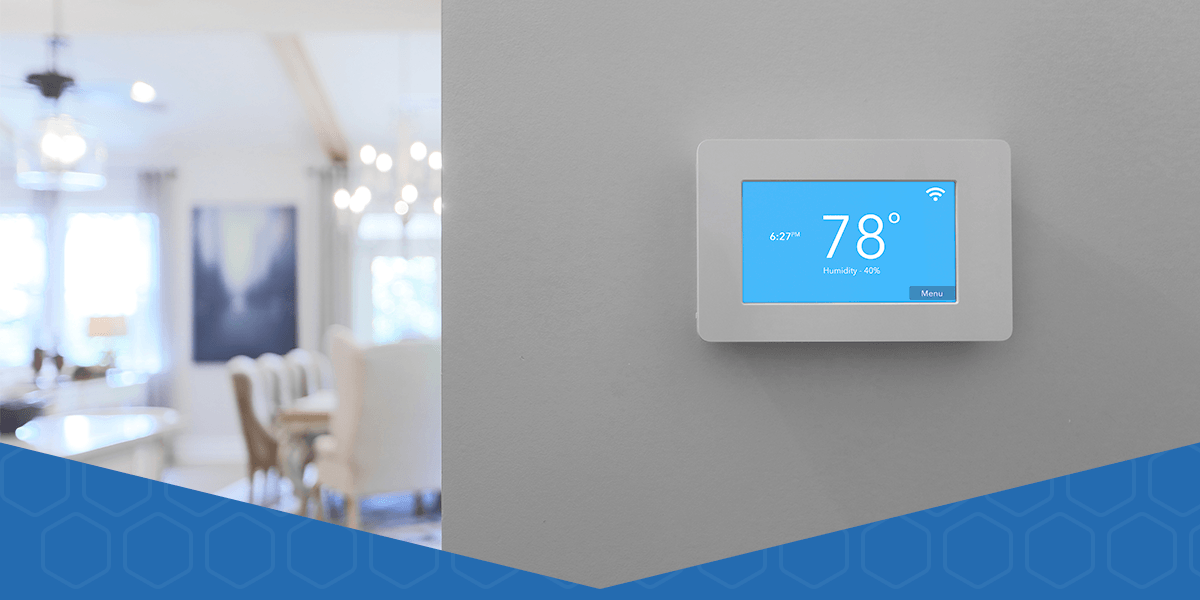
Guide to Smart Thermostats
March 14, 2024


